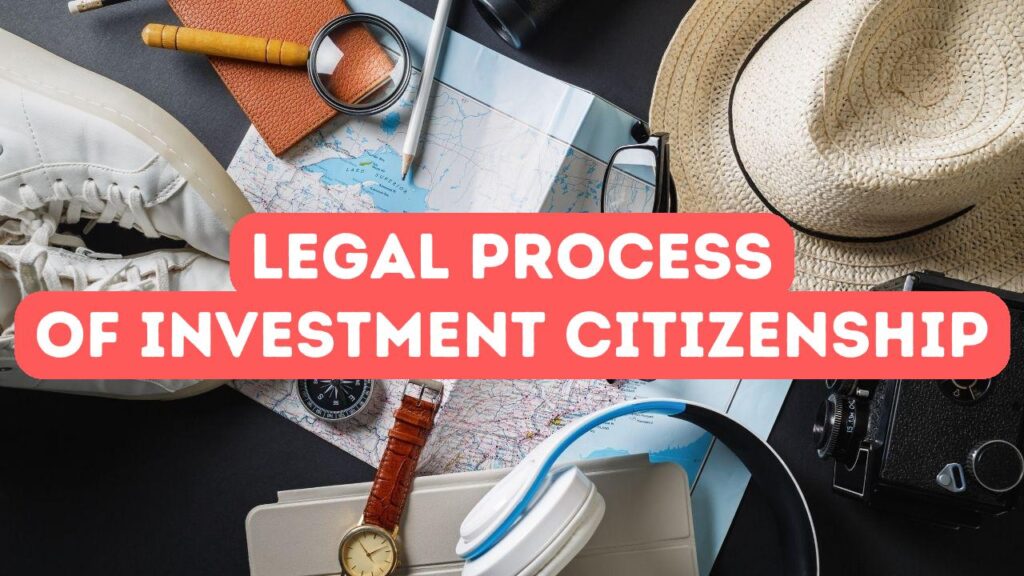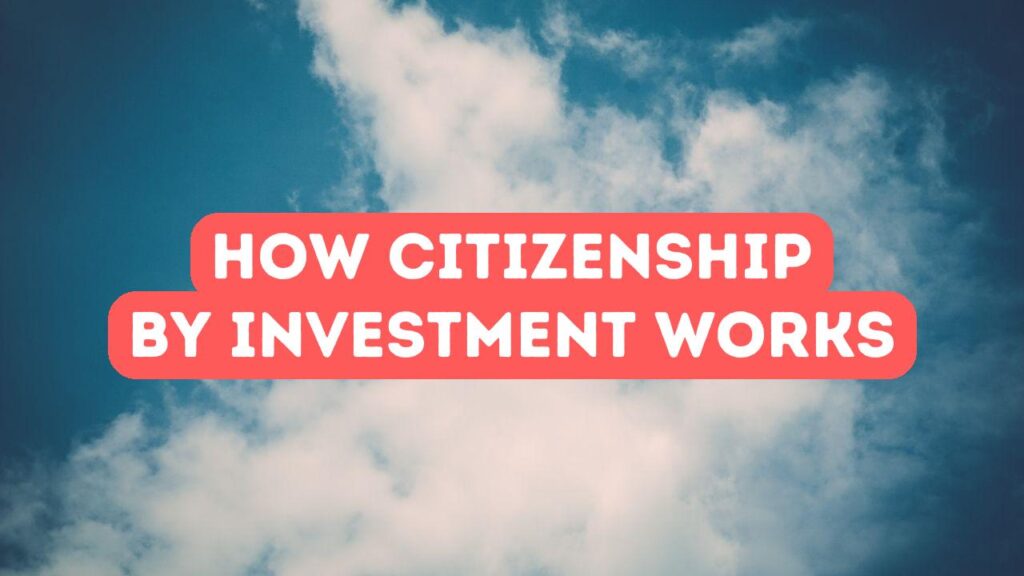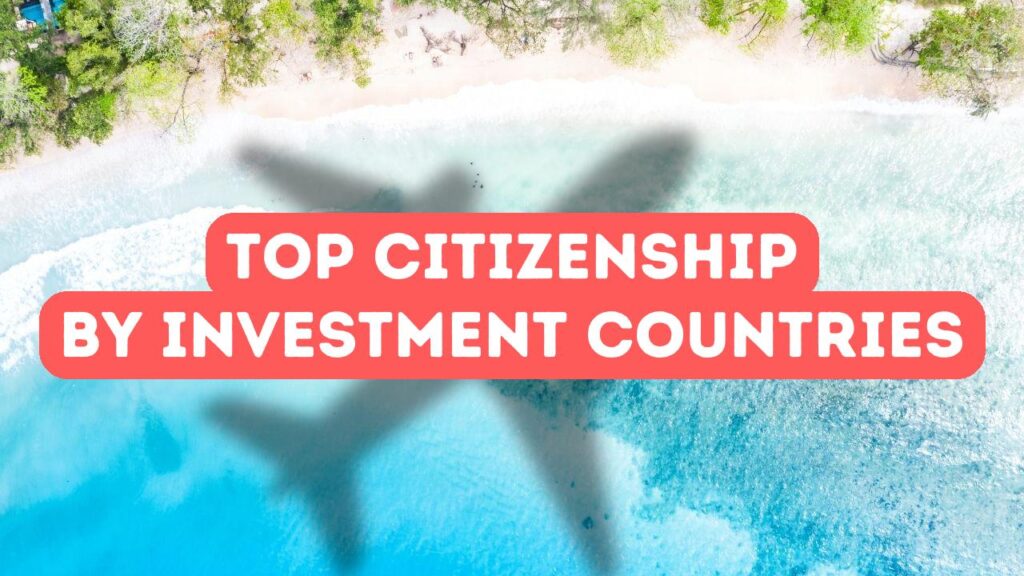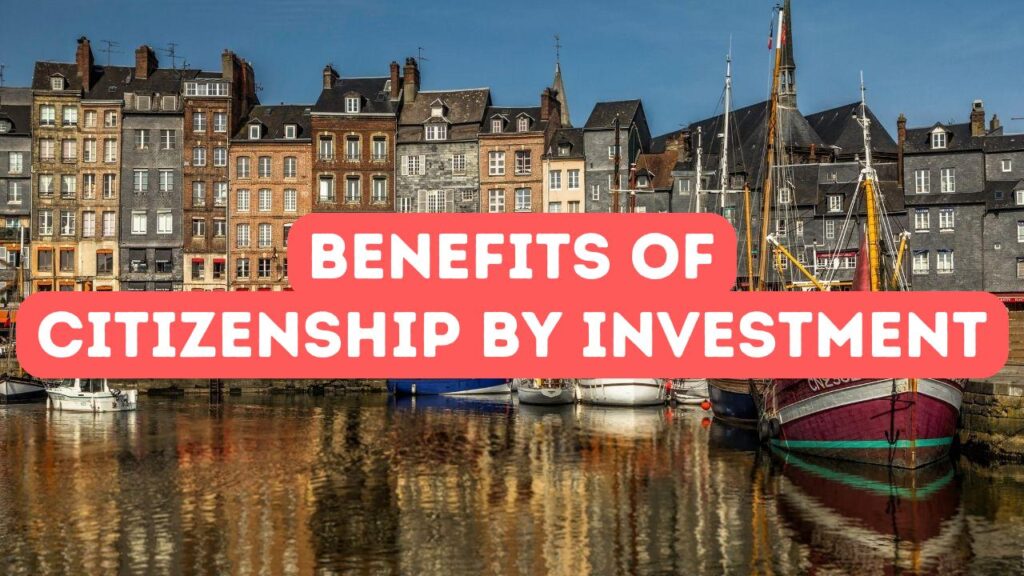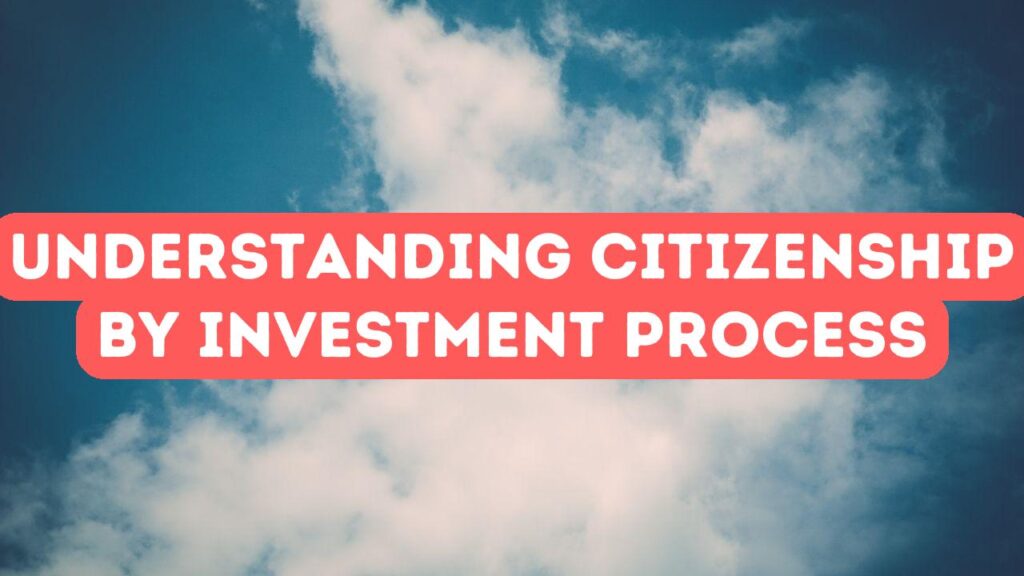Navigating the complex landscape of obtaining citizenship by investment demands a thorough understanding of the legal processes involved. Every jurisdiction that offers such a pathway has its own set of stringent requirements, procedures, and legal frameworks that applicants must meticulously adhere to. This method not only provides individuals and families with the benefits of a second passport but also serves as a gateway to enhanced global mobility, economic opportunities, and security. In this comprehensive guide, we will delve into the intricate legal steps, prerequisites, and documentation necessary to smoothly transition through the citizenship by investment program, ensuring a seamless experience for potential clients looking to diversify their global footprint through strategic investment.
Eligibility Criteria for Citizenship by Investment
Eligibility criteria for citizenship by investment programs typically require applicants to fulfill certain financial, personal, and legal requirements. On the financial side, investors must usually make a substantial economic contribution, whether through real estate investment, government bonds, or direct donations to a national development fund. Personal prerequisites often include a clean criminal record, good health, and a proven source of the investment funds, ensuring they are legal and transparent. Additionally, jurisdictions may mandate a certain period of residence or a minimum number of visits to the country to demonstrate genuine ties. These stringent criteria are in place to ensure that only those who meet high standards of integrity and economic contribution gain access to citizenship.
The due diligence process is a critical component in assessing the eligibility of applicants for citizenship by investment. Countries offering these programs typically enlist the services of third-party agencies to conduct thorough background checks on potential investors. These checks scrutinize the applicant’s financial history, professional background, and any affiliations that may pose a risk to the host country’s reputation or security. Moreover, applicants are generally required to provide extensive documentation, including financial statements, references, and proof of source of funds. This meticulous vetting ensures that only those with a reputable background and no involvement in illicit activities are granted citizenship, thereby safeguarding the integrity and security of the program.
Once the eligibility criteria and due diligence process are successfully navigated, the next step involves the formal application submission and review. Applicants must carefully compile and submit all necessary documentation to the appropriate governmental body, often with the assistance of legal and financial advisors specializing in citizenship by investment. This step may also involve interviews or additional requests for documentation to further corroborate the applicant’s qualifications. Following submission, a period of waiting ensues during which the application is reviewed in detail. If all requirements are met and the application is approved, the applicant will be granted citizenship, often accompanied by an official ceremony or issuance of a citizenship certificate. This structured approach ensures that the process is both transparent and reliable, providing assurance to applicants and maintaining the program’s credibility.
Step-by-Step Guide to the Application Process
The application process for obtaining citizenship by investment typically begins with a thorough evaluation of the applicant’s eligibility. Initial steps involve a meticulous review of the specific criteria set by the chosen jurisdiction, including financial requirements, background checks, and health assessments. Potential investors are required to submit detailed personal and financial information to ensure compliance with all stipulated regulations. Often, seeking guidance from a legal professional specializing in immigration law can streamline this preliminary phase, ensuring that all documentation is accurate and complete. This foundational step is crucial in setting the stage for a successful application and paves the way for the subsequent stages of the process.
Once the initial eligibility is confirmed, the next phase involves the preparation and submission of a comprehensive application package. This package must include verified documentation such as proof of investment, identity verification, police clearance certificates, and health reports, among other requisite forms. It’s imperative that all documents are accurately translated and notarized as per the guidelines of the host country. Engaging with a certified agent or legal advisor can be invaluable during this stage, ensuring that every detail aligns with the legal framework and submission protocols. The collected documents are then submitted to the relevant governmental body for a thorough review, which often includes an in-depth due diligence process to verify the authenticity and legality of the information provided.
Upon submission, applicants must await a formal review and decision by the governing authorities, which may take several months, depending on the jurisdiction. During this period, government agencies conduct rigorous due diligence, often involving background checks with international law enforcement and other relevant bodies to ensure the applicant’s integrity and the legitimacy of their financial background. Additionally, some jurisdictions may require a personal interview or a visit to the country as part of the assessment process. If the application is approved, the final steps include completing any remaining financial transactions, such as making the investment or paying government fees, and attending an oath-taking ceremony if mandated by the program. Upon fulfilling these requirements, citizenship is formally granted, providing the applicant and their family with the full benefits of their new status, such as travel freedom, economic opportunities, and expanded personal security.
Benefits and Risks of Citizenship by Investment
Citizenship by investment offers a myriad of benefits, including enhanced global mobility and access to new economic opportunities. Having a second passport can significantly simplify international travel, allowing visa-free or visa-on-arrival access to numerous countries, which is invaluable for business professionals and frequent travelers. Additionally, it opens up investment possibilities in economically stable and politically secure nations, providing a safeguard against geopolitical instability. However, there are inherent risks that must be considered, such as potential susceptibility to changes in government policies and economic conditions which might affect the long-term viability of the investment. Therefore, it is crucial for applicants to conduct thorough due diligence and seek professional advice to navigate these complexities effectively.
Another pivotal benefit of citizenship by investment lies in the financial flexibility and tax advantages it can offer. Many countries with citizenship by investment programs have favorable tax regimes, appealing to high-net-worth individuals seeking to optimize their tax liabilities. These jurisdictions may provide tax exemptions on worldwide income, capital gains, wealth, and inheritance. For business owners and investors, such benefits can lead to significant savings and financial optimization strategies. Nevertheless, applicants must be wary of the legal and tax obligations in both their home country and the country offering citizenship. It is imperative to ensure there is no conflict between the tax laws of both nations, which could otherwise lead to unexpected liabilities or double taxation. Consulting with tax professionals and legal experts is essential to navigate these complex tax landscapes effectively.
Moreover, a third critical consideration in the citizenship by investment process is the reputability and stability of the program itself. With numerous options available globally, not all programs offer equal levels of transparency, efficiency, and reliability. Some programs might have intricate bureaucratic hurdles, prolonged processing times, or lack of clarity in their legislative frameworks, potentially resulting in delays or even denials of applications. Additionally, geopolitical factors or economic downturns can impact the stability of these programs, making it essential for applicants to evaluate the track record and current standing of the offering nation. Partnering with reputable firms, such as ours, that possess in-depth knowledge and experience with various programs can provide invaluable guidance, ensuring our clients make informed decisions that align with their long-term goals while mitigating any associated risks.

